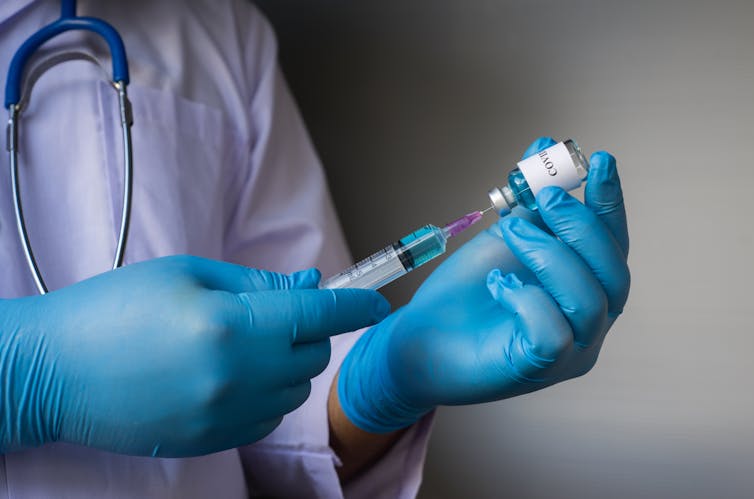Phobias, Paternalism and the Prevention of Home Birth
By Dominic Wilkinson,
Cross post from the Open Justice Court of Protection blog
In a case in the Court of Protection last week, a judge authorised the use of force, if necessary, to ensure that a young woman gives birth in hospital rather than at home.
The woman (call her ‘P’) has severe agoraphobia, and has barely left her home in four years. Her doctors believe that it would be best for her to deliver her baby in hospital. But P has an overwhelming fear of leaving her home and cannot agree to this. Their particular concern is that P might develop a serious complication during her home birth, need emergency transport to hospital, but be unwilling or unable to agree to this because of the severity of her phobia.
At the conclusion of a three-day hearing, Mr Justice Holman declared that P lacked capacity to make the relevant decisions and ordered that it was lawful and in her best interests for medical staff to transfer her to hospital a few days before her estimated due date, and for medical professionals to offer her a choice of induction of labour or Caesarean Section in hospital. He also gave permission for the use of restraint, if necessary, in the event that she refuses to go to hospital voluntarily.
On the face of it, this looks like an extremely concerning infringement of a patient’s autonomy – a view that has been expressed by members of the public responding to media reports (e.g. see the blog post here). We normally think that adults should be free to make decisions about their medical care, including the freedom to refuse treatments that doctors are recommending. Decisions about place of birth and mode of birth are deeply personal decisions that can be hugely important for many women. For that reason, doctors and courts should be extremely loathe to infringe upon them.
Is it justified in this case, then, to physically restrain P and treat her against her wishes? In particular, is it justified to do this pre-emptively, before a complication develops?Read More »Phobias, Paternalism and the Prevention of Home Birth


